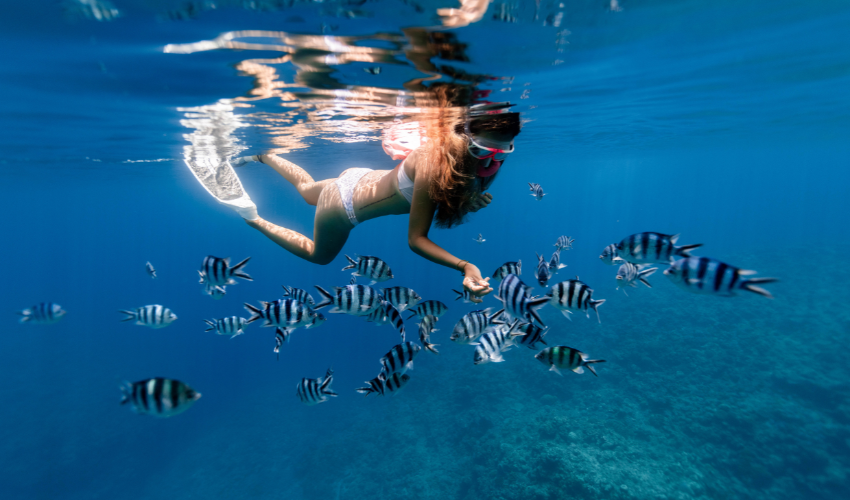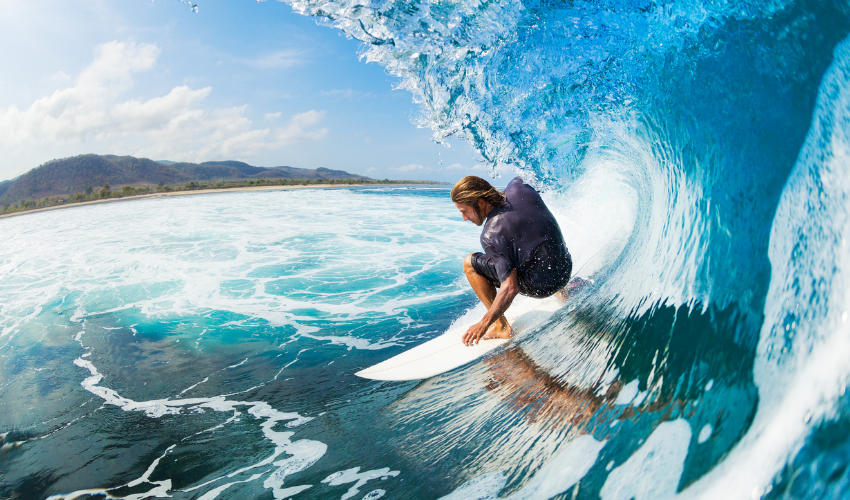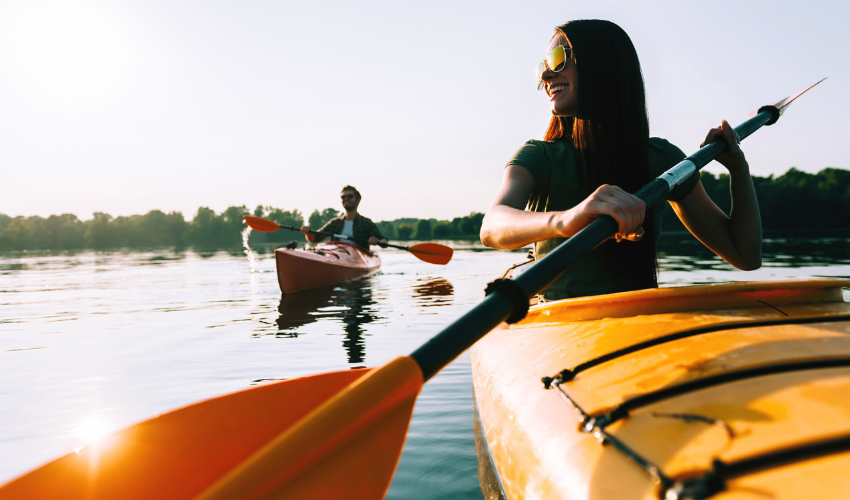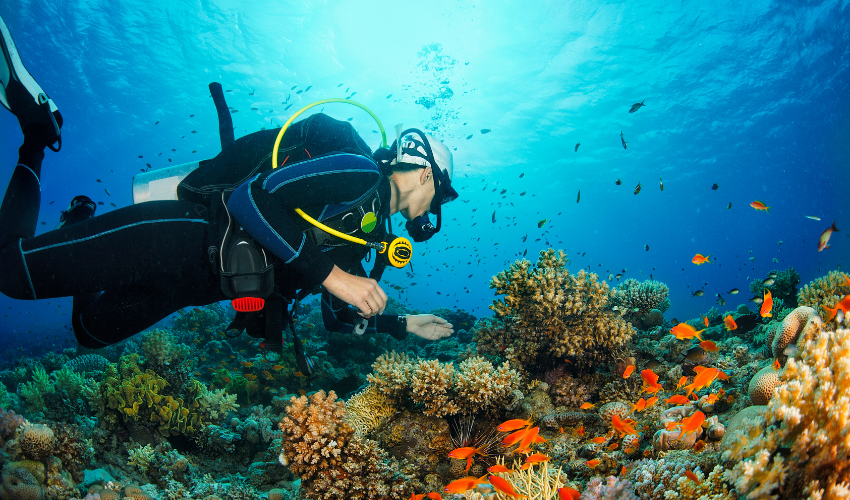Water sports are a popular way to stay active and enjoy nature. From swimming and kayaking to surfing and scuba diving, there are many different types of water activities you can try depending on your interests and skill level. In this article, we’ll explore what are water sports, some of the most popular options, and some tips on how to have fun and stay safe while enjoying them.
What are Water Sports?
Water sports refer to any type of activity that involves being in or on the water. Some common examples include swimming, diving, snorkeling, surfing, stand-up paddleboarding, water skiing, and wakeboarding. These activities can take place in oceans, lakes, rivers, or even swimming pools.
Types of Water Sports
Swimming

A classic water sport that can be enjoyed by people of all ages and skill levels. Whether you prefer freestyle, breaststroke, backstroke, or butterfly, swimming is a great way to stay in shape and improve your cardiovascular health.
Snorkeling

If you love exploring the underwater world, snorkeling is a fun and easy way to do it. All you need is a mask, snorkel, and fins, and you can start admiring colorful fish, coral reefs, and other marine life.
Surfing

One of the most popular water sports, surfing involves riding waves using a surfboard. It requires strength, balance, and agility, but it’s also an exhilarating experience that allows you to feel connected to the power of the ocean.
Kayaking

If you prefer a calmer and more peaceful water activity, kayaking might be a good choice. You can paddle through scenic rivers, lakes, and canals while admiring the surrounding landscape and wildlife.
Scuba diving

For those who want to explore deeper waters and see more exotic marine creatures, scuba diving is the way to go. It requires proper training and equipment, but it’s a unique and unforgettable experience.
How to Enjoy Water Sports Safely
- Always wear a life jacket: No matter how confident you are in your swimming abilities, wearing a life jacket is essential to stay safe in case of unexpected events.
- Respect the rules and regulations: Before starting any water activity, make sure you know the local regulations, including the allowed areas, speed limits, and safety guidelines.
- Be aware of weather conditions: The weather can change quickly and unpredictably, especially on the water. Check the forecast beforehand and avoid going out in strong winds, thunderstorms, or heavy currents.
- Stay hydrated and protected: Even if you’re in the water, you can still get sunburned and dehydrated. Drink plenty of water, wear sunscreen, and protect your eyes with sunglasses or a hat.
- Use proper equipment: Depending on the type of water sport you’re doing, you may need specific equipment such as fins, goggles, wetsuits, or helmets. Make sure you use the right gear and that it fits properly to avoid accidents or discomfort.
FAQs
What are some benefits of practicing water sports?
Water sports can improve your physical and mental health, boost your confidence and self-esteem, and help you connect with nature and other people who share the same passion.
Can anyone try water sports?
Most water sports can be enjoyed by people of all ages and abilities, as long as they have the proper training, equipment, and supervision. However, some activities require more experience and physical fitness than others. So it’s important to choose an activity that matches your skill level and interests.
How can I get started with water sports?
If you’re new to water sports, the best way to start is by taking lessons or joining a guided tour. This will help you learn the basics, practice in a safe environment, and meet other enthusiasts. You can also rent equipment or borrow it from friends to try different activities before investing in your own gear.
What are some eco-friendly water sports?
Some water sports, such as paddleboarding and kayaking, have a low impact on the environment. They can be a great way to explore and appreciate nature without causing harm. You can also join beach cleanups or conservation projects to help protect marine ecosystems.
Are there any risks associated with water sports?
Like any physical activity, water sports come with some risks, such as drowning, hypothermia, sunburn, or injuries from collisions or falls. However, most of these risks can be minimized by following the safety guidelines, using proper equipment, and being aware of your limits and surroundings.
Conclusion
Water sports are a fun and rewarding way to stay active, enjoy the outdoors, and connect with the water element. By understanding what are water sports, exploring the different types of activities, and following some basic safety tips, you can embark on a thrilling and enriching adventure. Whether you’re a beginner or an experienced water enthusiast, there’s always something new to discover and enjoy in the vast and diverse world of water sports.






















